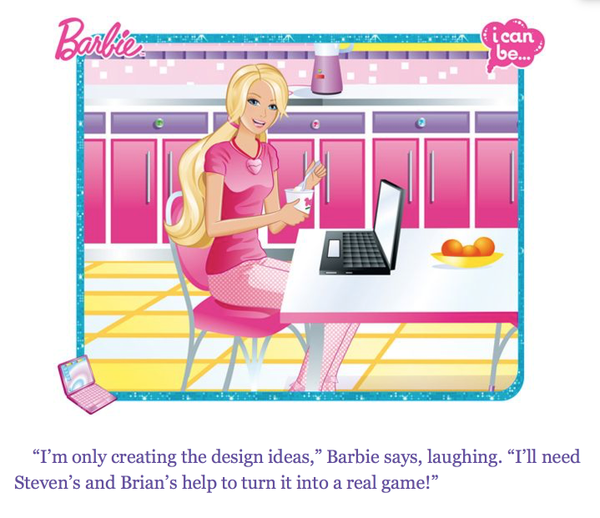The use and promotion of free software is becoming increasingly established in our country, writes Spain’s tusmedios.com. Major companies have joined together to promote this system, but open source software is gradually also gaining ground in the public sector, meaning that the citizen is seeing the real benefits of this migration in his or her daily life.
In Spain, the Autonomous Community of Extremadura, the Junta of Andalusia and Zaragoza‘s city council are some examples of local and regional governments which have understood the advantages that come with the use of free software and the benefits it provides to society. Public sector organisations must be ready to respond to current challenges and needs, including the technological revolution. In addition to a costs saving, its implementation improves the quality of life of citizens, increases the efficiency and effectiveness of organisations and optimises productive processes.
Mario Gómez Molina, tutor and adviser for the university master’s course in free software at the Open University of Catalonia (UOC) and project manager for the VASS consultancy explains that “the technological independence that free software assumes provides freedom of use, enables its tweaking, the incorporation of improvements and their unrestricted redistribution between citizens or employees. Besides providing greater security, it opens up the possibility of offering all citizens software that has been funded by public money and which can be useful, including for the private sector”.
“One of the main reasons for our country’s public sector migrating to free software is adherence to universal standards,” Mario Gómez Molina points out. Since the European Union is promoting this change, there will be the possibility for different public sector organisations to share software for common problems.
As Mr. Gómez explains, citizens have real life examples demonstrating the advantages to them from the use of this technology by public authorities. Education is a clear case. In a global economic environment in which the budget which families must allot is increasingly more restrictive, the use of this technology frees them from paying for proprietary software, but it also does so for schools, which are increasingly hit by budget cuts. On the other hand, there are already initiatives being put forward by certain autonomous communities where the free software to be used by schools has been agreed and that use has been supported so that its adoption has been widespread and both education departments and educational institutions has benefited, not just from a costs reduction, not solely from sharing the software itself, but the exchange of commonly-based experience that would otherwise have been very difficult to achieve”.
Another example of the benefits provided to citizens of this migration is the development of business and entrepreneurial opportunities. When a public sector organisation makes this change, the building, repair, adaptation and improvement of the software can be carried out by local companies; this work is not restricted to the software’s owner. The development of professional in this sector is thus promoted, new jobs are created and company competitiveness is increased. This directly affects growth, in addition to reducing costs due to competition.
The redistribution and optimum use of budgets is also an aspect that has a positive effect on society. It is estimated that with free software public sector organisations can save up to 70% on installation and licensing for computer applications. This assumes a better use of taxpayer’s money. For example, Zaragoza city council has estimated an annual saving of about €1 mn. per year due to the installation and use of free software.
“Both the lack of staff trained to handle this technology and lack of awareness by society and the power wielded by the major proprietary software companies make it very difficult for us to see a complete public sector migration, but we shall doubtless see bigger and bigger steps being taken in this direction. In fact, there are many niches dominated by free software, both in the public and private sectors. This is the case with web servers, application servers, server operating systems, software development environments and programming tools,” comments Mario Gómez Molina.
However, there is a need for public sector organisations themselves to promote the development and use of software to which they alone can contribute so there is an improvement in quality in this direction.
![]() The Register reported yesterday on developments for MS Office on mobile devices (iOS, Android and Windows phones and tablets).
The Register reported yesterday on developments for MS Office on mobile devices (iOS, Android and Windows phones and tablets). German IT news site
German IT news site  The Free Software Foundation Europe (FSFE) has
The Free Software Foundation Europe (FSFE) has 



